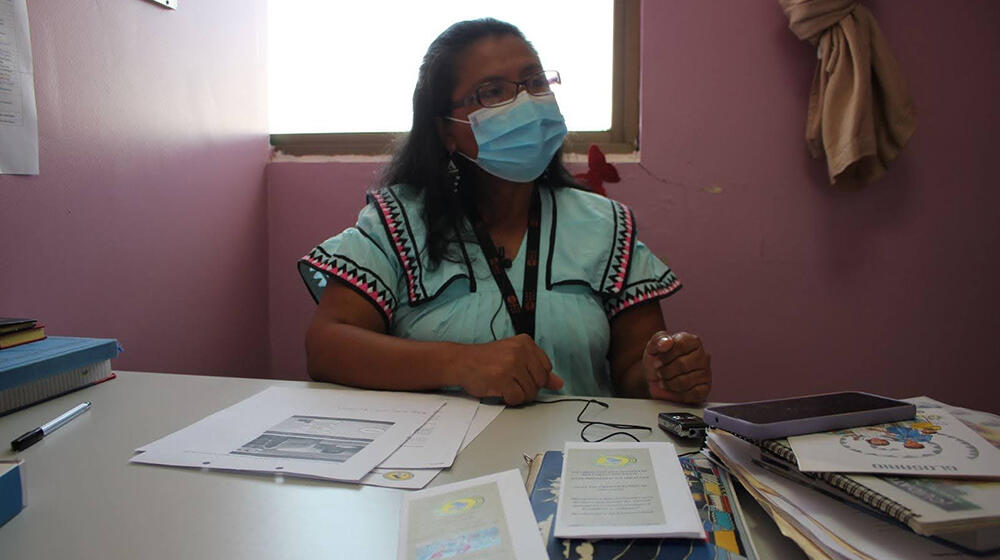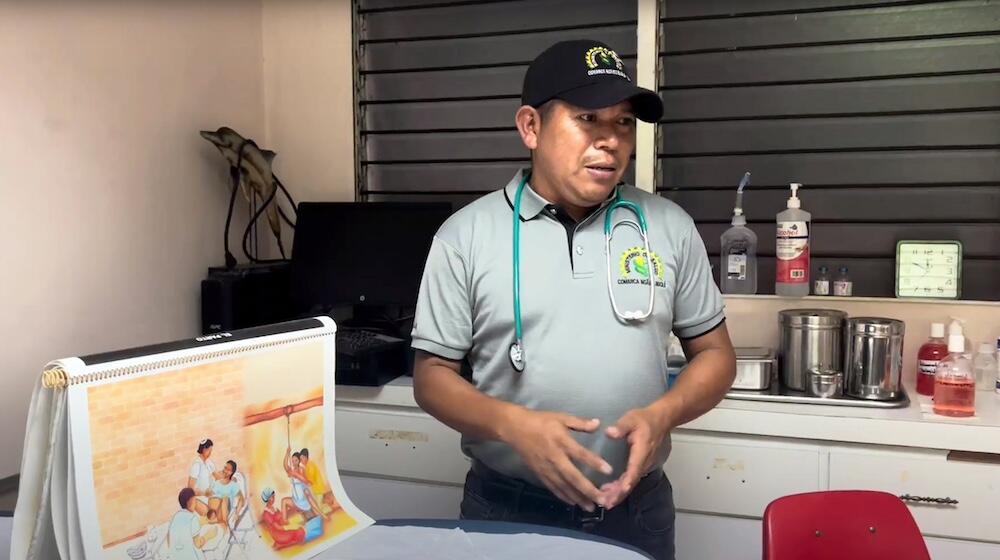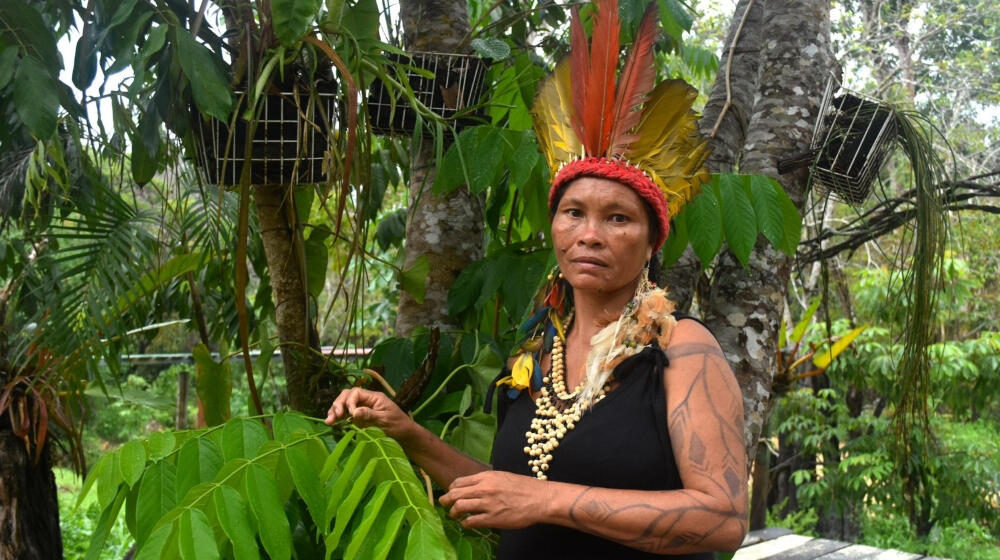Indigenous youth have long faced changing environments, not only in modern societies, but in traditional settings as well. While living in two changing worlds is always a challenge, these young people are harnessing cutting-edge technologies and developing new skills to contribute to a more sustainable, peaceful future for our people and planet.
Their participation in global efforts towards climate-change mitigation, peacebuilding and digital cooperation is crucial for the effective implementation of the right of Indigenous people to self-determination, and to their enjoyment of collective and individual human rights and the promotion of peaceful co-existence and equality of all.
With that in mind, the theme for this year’s International Day of the World’s Indigenous Peoples is Indigenous Youth as Agents of Change for Self-determination. Indeed, Indigenous young people are playing an active role in exercising their right to self-determination, as their future depends on decisions that are made today.
UNFPA partners with Indigenous organizations to support full and equal access to sexual and reproductive health and rights and freedom from violence for Indigenous women and girls. UNFPA works to help design and implement intercultural approaches to sexual and reproductive health, gender-based violence and harmful practices.
At the same time, Indigenous youth are working as agents of change at the forefront of some of the most pressing crises facing humanity. Here are some of the ways they are doing so:
Climate action
Indigenous youth play many different roles in their communities; for example, from an early age, boys and girls are trained by their parents, the community and nature to participate in family activities and socialize with their peers and elders through games, imitation and collaboration in activities such as agriculture, shepherding, sowing and household chores. They grow up with an intimate relationship with the land and biodiversity.
Ways of living for Indigenous youth are changing due to evolving social, cultural, political and economic contexts – for example, education systems that do not include or value the cultural reality of Indigenous knowledge, or the misuse of new communications technologies that stereotype Indigenous ways of life, or the expansion of resource-exploitation companies that undermine Indigenous people’s values and societies.
Indigenous young people have been changing this reality and becoming key players in the global climate action movement, posing unique alternative solutions to climate change and issues that harm their lands, territories, resources and rights. The issues raised by Indigenous youth in the climate-change debate can offer important insights into climate action and sustainable resource management.
Mobilizing for justice
Discrimination impacts the lives of Indigenous youth in ways that affect their self-esteem, spiritual richness, language and cultural roots. Many face cultural clashes and influences that, over time, push them to acquire an identity that is foreign to their place of origin.
Despite these challenges, young people are participating in Indigenous organizations in urban and rural areas, as well as beyond national borders, revitalizing and promoting their cultural identities. They are organizing diverse activities to strengthen cultural identity, participating in assemblies, sharing cultural spaces with Indigenous elders and creating a solidarity network.
The new generation of Indigenous advocates has become the driving force for societal change through social mobilization, making use of online platforms to showcase and celebrate their cultures, languages and knowledge systems with a wider audience, and to highlight injustices within their communities.
Intergenerational connections
As they find their place in society, identity is fundamental for Indigenous youth. Individual and collective identity is attached to land, language, traditional livelihoods, ceremonies, arts, crafts, family members and society as a whole. Identity is transferred through family ties, with the sharing of the history of the land and the transfer of knowledge. Consequently, it is important to have an intergenerational dialogue between youth and elders.
Indigenous elders teach young people the importance and responsibilities of family, community, nature. As the future custodians of the planet, Indigenous youth have a wealth of resources and expertise right at their fingertips, simply by connecting with the teachings of their grandparents.
Virtual commemoration
The Department of Economic and Social Affairs is holding a virtual commemoration of the international day on 9 August 2023. Indigenous people, Member States, United Nations entities, civil society and the public are all invited. You can register to attend the session online here.




